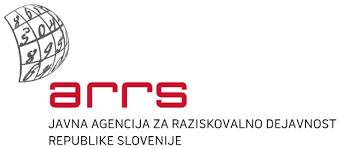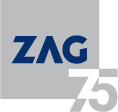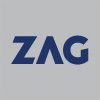
The main objective of the proposed research is the development of powders for 3D-printing. In this research, droplet application or binder injection e.g. binder jetting, will be used as the additive technique for the preparation of porous insulation materials. Taking this into account, our research will be focused on three main objectives. In the first part of research, the powder properties and its compatibility with a suitable 3D technology (binding mechanisms of binder jetting) will be investigated. The powder material will be based on calcium sulphate and related hydrates, obtained from different Slovenian industrial by‑processes. Additionally, an investigation of the technology process parameters on the material’s inner geometry will be performed. The second part of research will be focused on the computer‑aided design (CAD) modelling of porous structures, and their properties will be compared with commercially available and already‑made laboratory products for insulation purposes. Base models will be designed in order to provide a mechanical and structural template for a new porous structure. Upgraded models will then be designed with accurate 3D shape and initial internal structure in terms of mesoporous‑interconnected porosity in order to promote, for example, thermal conductivity. Various 2D and 3D microscopy methods and mechanical tests will be employed to adequately characterize the commercial lightweight samples and the newly‑created 3D‑printed prototypes. During the last part of the research the focus will be shifted from “improved laboratory production” to the actual production of large components.
This project is well aligned with the following objectives and will contribute to: (i) the providing a sustainable supply of raw materials through 3D printing innovations in the field of industrial gypsum recycling, (ii) promoting a greater environmental responsibility and presenting innovative solutions for the management and sustainable destination of used waste recovery, (iii) designing solutions for 3D printing by supplying raw materials for more durable products, (iv) avoiding landfilling, and (v) reducing the costs of prototype development in 3D printing.

